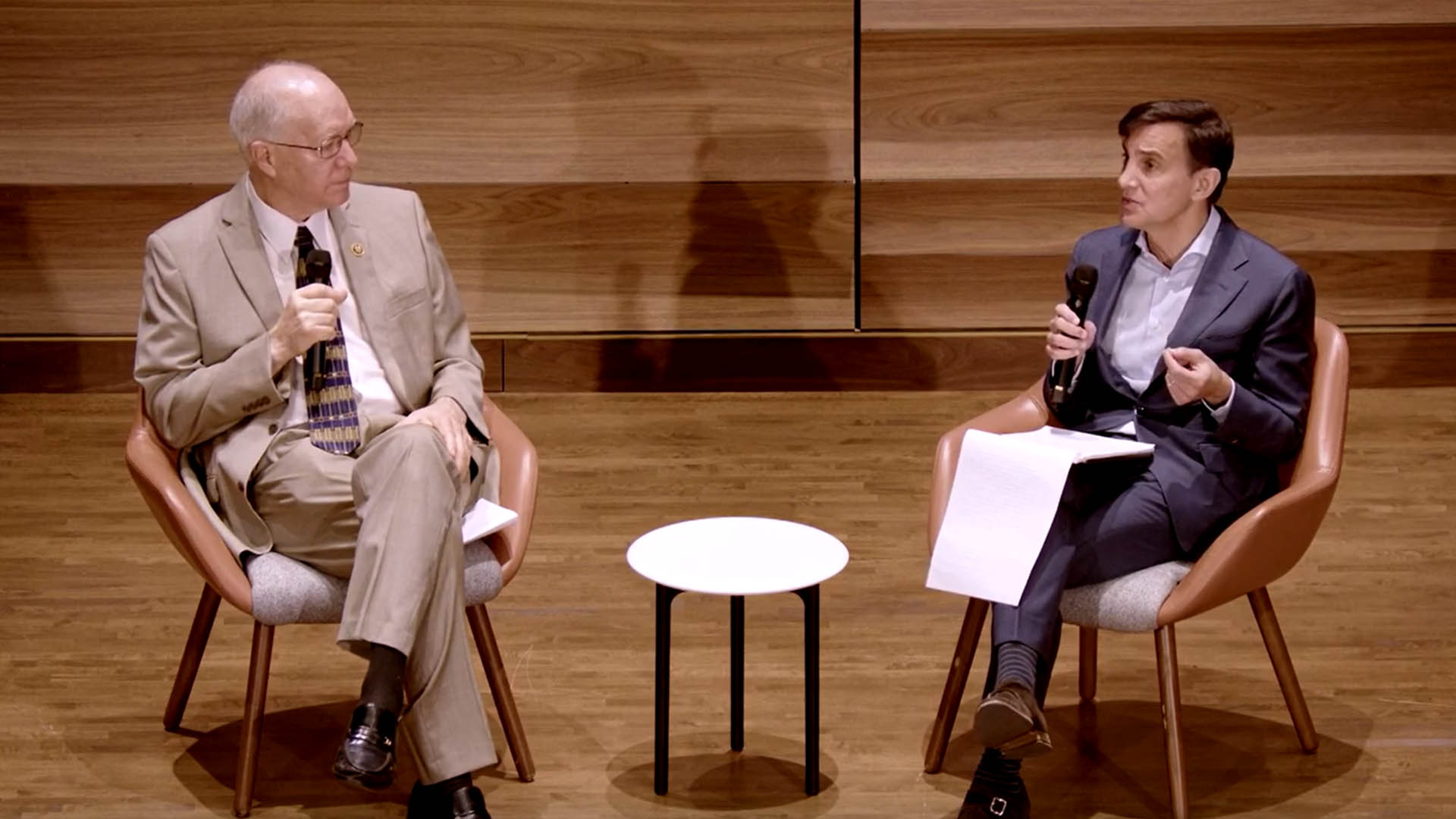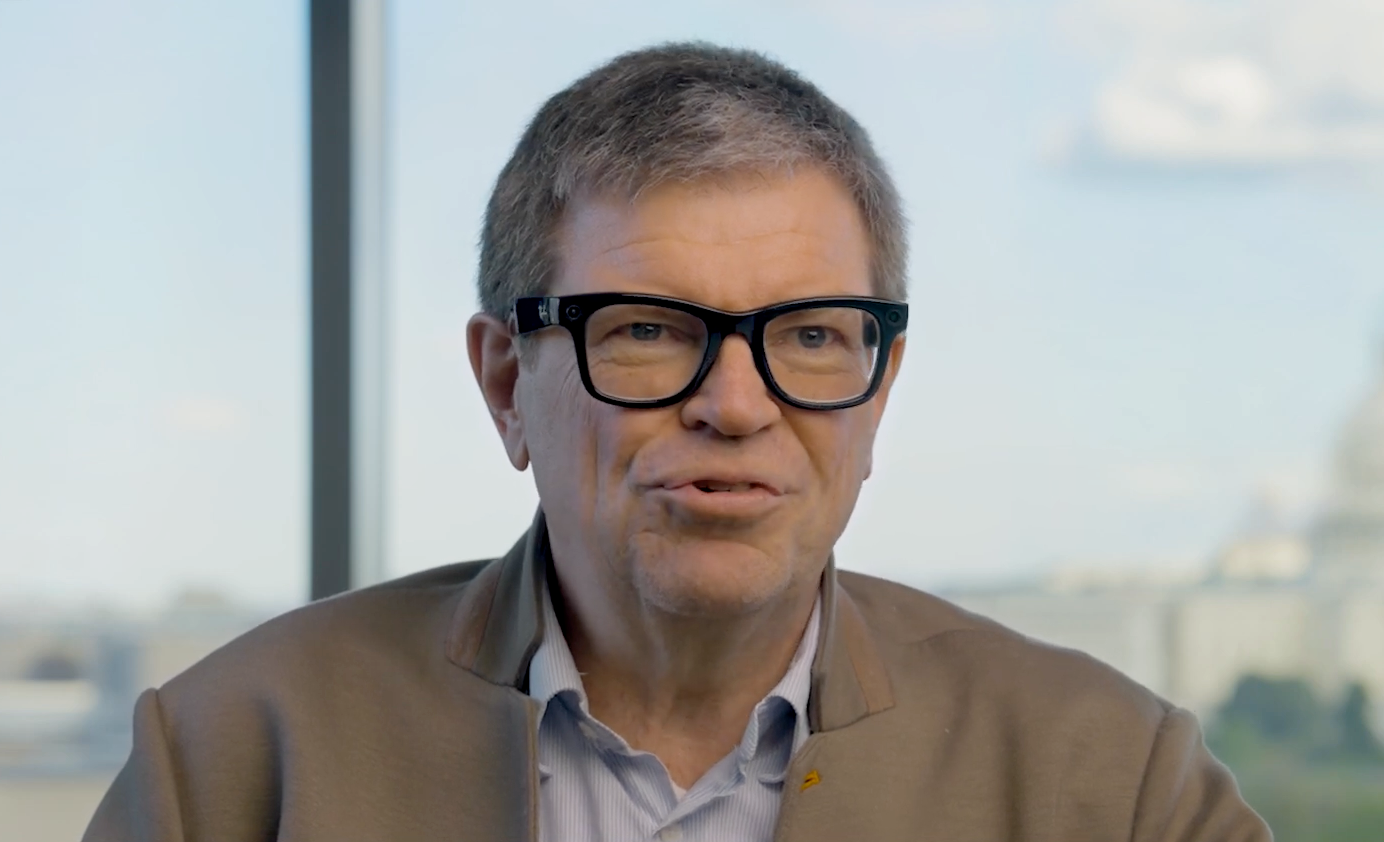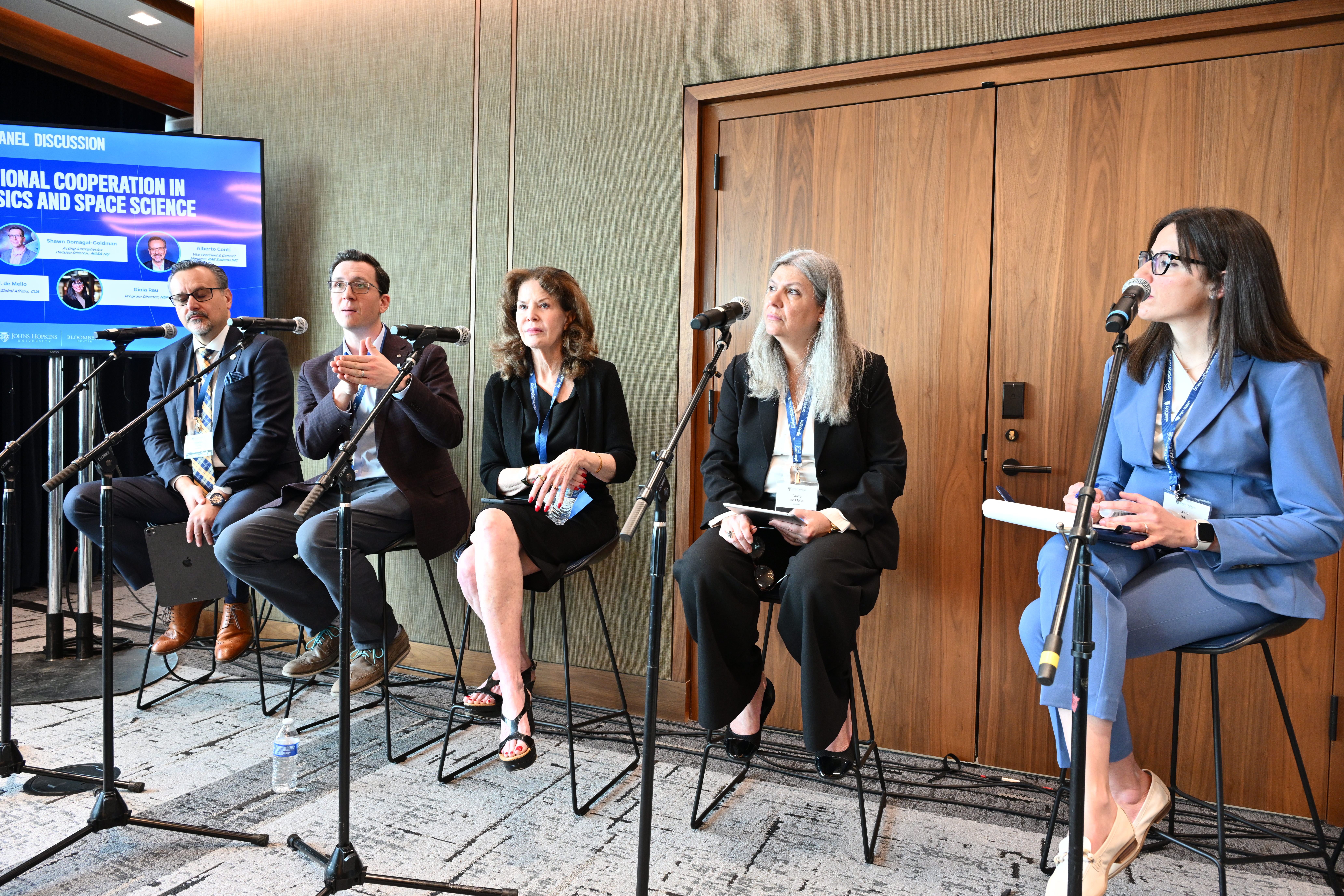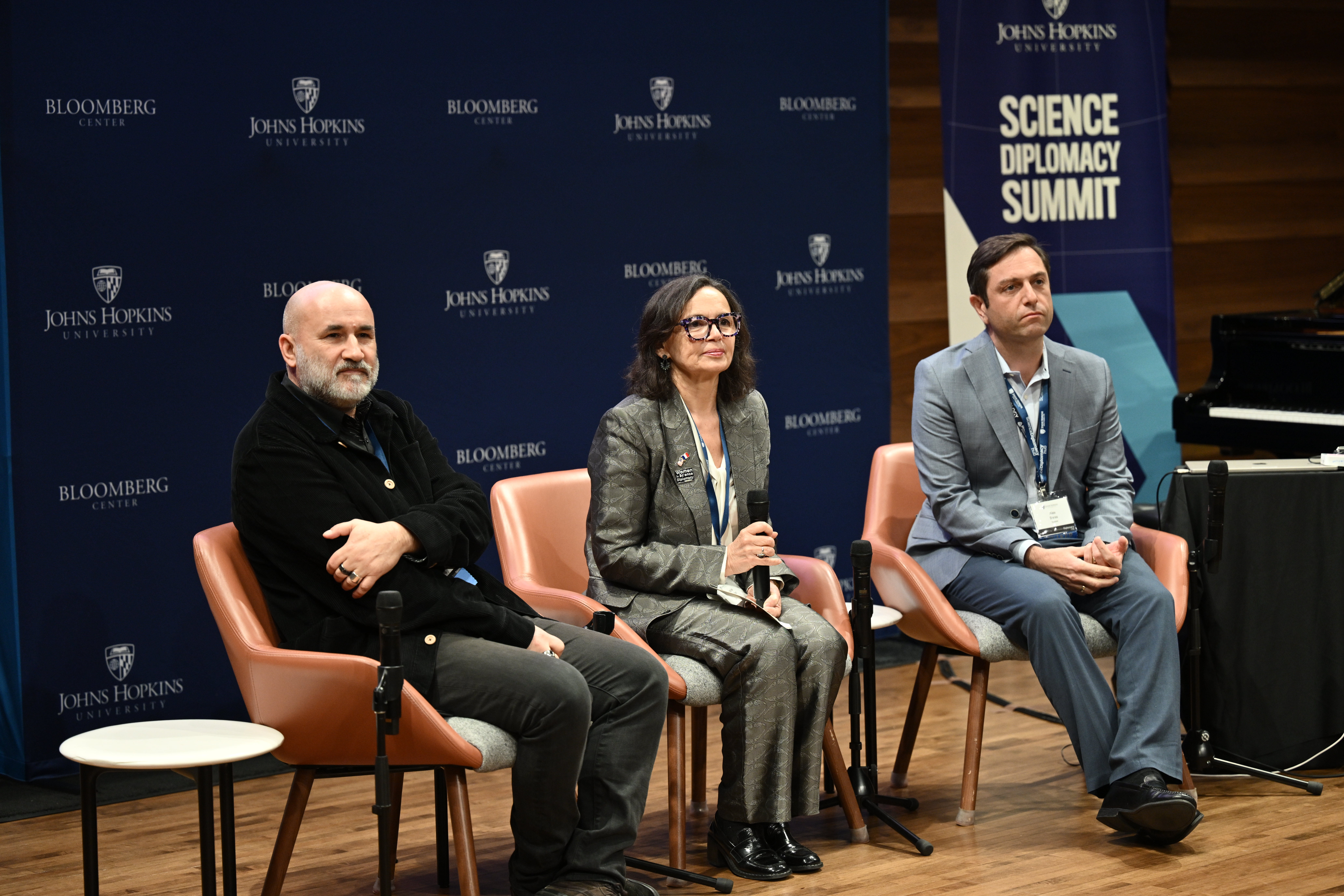Johns Hopkins Science Diplomacy Summit
Co-founded by Nobel Laureate Professor Peter Agre and Johns Hopkins University alumna Ona Ambrozaite, the Science Diplomacy Summit has quickly become a premier gathering where science meets diplomacy to address the world’s most pressing challenges. As scientific advancement increasingly shapes international relations and policy decisions, bringing together these communities is essential to fostering cooperation across borders and developing evidence-based solutions to shared challenges impacting oceans, artificial intelligence, space exploration, health technology, and beyond.
Mark your calendars for April 13-14, 2026, as the Johns Hopkins University Bloomberg Center’s Science Diplomacy Summit returns for its third year!
Last year’s summit brought together participants from more than 25 countries for engaging discussions on quantum technology advancement, space exploration and governance, sustainable AI development, and climate collaboration across continents.
Registration details and the full program for 2026 will be available in the coming months. Sign up for the Hopkins Bloomberg Center newsletter to be the first to know the latest on this transformative event where global leaders forge evidence-based solutions for our shared future.
highlights from the 2025 Johns Hopkins Science Diplomacy Summit
Exclusive perspectives from the Science Diplomacy Summit 2025
Video
Experts from across globe gathered at the Hopkins Bloomberg Center to explore some of the most pressing scientific topics, from AI’s role in improving health care to collaborative governance in space.
Watch video5 expert insights on the future of space diplomacy
Article
Leaders from NASA, Google, and international space agencies shared their excitement and advice for the future of space exploration.
5 Ways AI is Transforming Health Care Worldwide
Article
AI tech is changing health diagnostics, treatment and more. Here are five AI breakthroughs to keep on your radar.
Read more2024 Summit Highlights

2024 JHU Science Diplomacy Summit
Experts and scholars from 20+ countries discussed how science can foster international cooperation.
Related Events
View All Upcoming Events-
 December 17, 2025 12 p.m. – 2 p.m. EST
December 17, 2025 12 p.m. – 2 p.m. ESTBridging Our Divide: Eliminating Health Inequities for a Healthier Nation


